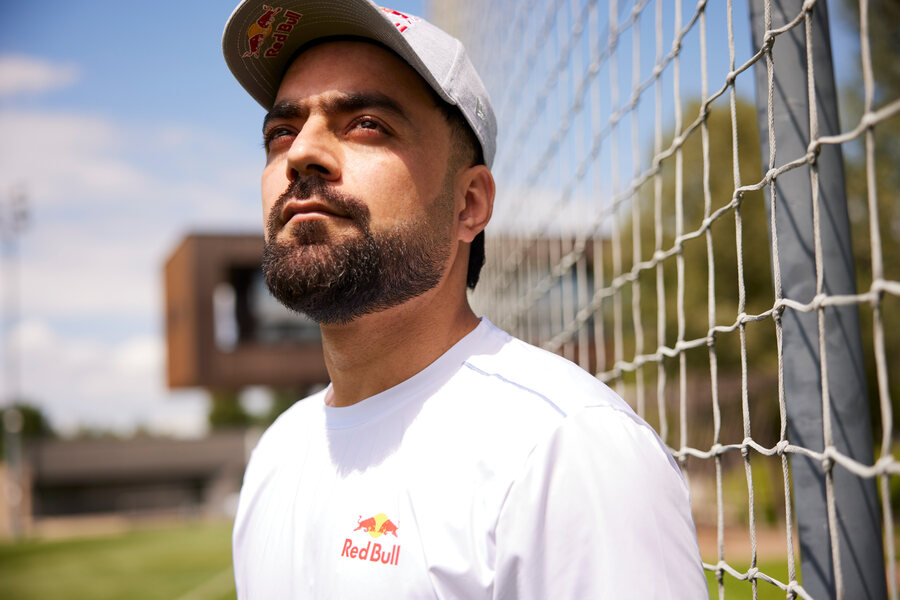My column today will not make for pleasant reading as it is about the widespread incidence of mental health illness among children. This ‘epidemic’ was called a silent emergency as early as 2019 by the then executive director of UNICEF, Henrietta Fore. The alarming statistics presented by UNICEF and the World Health Organization reveal the urgency of making the mental health of our children our topmost priority. We must remind ourselves that in order to educate students, a school has to ensure their well-being, both of body and mind.
Never mind the startling global statistics, we can see how many cases of poor mental health schools in our city are having to handle. The demand for counsellors and special educators has gone up exponentially. The multiple learning difficulties that children are demonstrating these days are often rooted in deep psychological causes. Children fall prey to factors ranging from dysfunctional homes and unrealistic expectations to peer and societal pressures. Children start displaying all kinds of symptoms, including ‘learned helplessness’, which means that if they are perceived as ‘incapable’ there would be no expectations from them and they would be left alone.
It is unquestionably accepted that both teacher and child must have a happy disposition for teaching and learning to be effective. The challenge is to find ways to keep our children happy and cheerful in today’s dark, dismal and violent world where each country is becoming insular and tolerance levels are plunging dangerously. If adults keep talking and worrying about the manifold problems besetting them, it is bound to rub off on children. So the onus is on adults to attempt to be cheerful and optimistic — that too will rub off on them.
It is not difficult to present a happy front to schoolchildren as their very presence can be therapeutic for adults. I know that we educators have a naturally happy workplace. To keep it thus, we must consciously leave our worries behind and interact with children of all ages cheerfully and positively. Of late, we have been mostly focusing on anxiety with regard to performance in school and good examination scores but now we have to deal with the general gloom that has taken over the world. We must encourage children to find joy in simple pleasures that are not based on personal achievements. Children’s activities now are mostly competitive or geared towards the purposeful acquisition of skills. I need not even mention the soul-killing addiction to electronic devices. Surprisingly, simple indoor games like carrom, ludo, snakes and ladders,
trivia games or Monopoly can be entertaining and also lighten one’s mood. Solving puzzles such as sudoku, crosswords, and jigsaws can be therapeutic while enhancing skills.
Schools must keep their antennae up for signs of mental distress among teachers as well. It is imperative for teachers to be mentally strong and maintain equanimity if they wish to be successful in their work. Some years ago, students would have a lot of innocent fun at the expense of teachers who were moody or temperamentally mercurial or just plain grumpy by nature, imagining situations — say the teacher having a quarrel with her spouse or mother-in-law — which were causing the teacher to take her anger out on them. While appointing faculty, it is wise to look out for pleasant personalities — paper qualifications are just not enough. The school, on its part, has a duty to provide a supportive work environment for all its employees. This would involve counselling facilities for them, a reasonable workload and appropriate amenities. These measures, along with sustained pastoral care of children, should ensure a happy school. Fortunately, physical health is generally taken care of but the time has come to give mental health equal, urgent and immediate attention.
Increasingly, I realise the wisdom of Carl Jung’s belief that it is better to be less of a genius and more of a human. We must move from being abnormally focused on high performance and pay more attention to the development of happy, self-confident, well-rounded children.
Devi Kar is director, Modern High School for Girls, Calcutta










